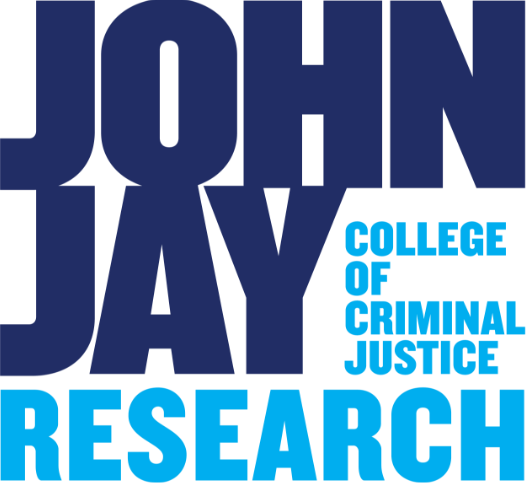COVID and Criminal Justice
Identifying overlapping disparities in public health and the criminal legal system
Author: Rachel Friedman

Prosecutors have significant power to hold the criminal legal system accountable. Within statutory limits, prosecutors decide who goes free, who to prosecute, and which charges to bring. Few understand the potential of this power for change as well as Lucy Lang, former Assistant District Attorney in Manhattan and the former Director of the Institute for Innovation in Prosecution (IIP), a think tank and research center at John Jay College. She led the IIP to become a powerhouse for thoughtful discussion of vital criminal justice issues, bringing many voices together to support the evidence-based creation of tools for change, often but not exclusively centered on the constructive role prosecutors can have in making the system more just and focused on human dignity.
So often, issues of public health and criminal justice reform are intertwined, and the onset of the COVID-19 pandemic has presented IIP with a new lens through which to look at its existing goal of prosecutorial reform. The COVID-19 outbreak has made existing disparities in and problems with the criminal legal system increasingly evident. As the pandemic hit New York, for example, many DAs began to limit what they would prosecute in order to keep people out of jails and prisons, and individuals convicted of low-level offenses were released from jails; the IIP raises the question, why were these cases being prosecuted in the first place? The spread of COVID-19 in prisons and jails provides New York State, and beyond, the opportunity to reassess not just the conditions of incarceration, but its purpose.
To meet this opportunity for reform and rethinking, the IIP is working to highlight how the pandemic affects the vulnerable and the justice-involved across the spectrum of the legal system. Since the start of the COVID-19 crisis the Institute has hosted virtual panel discussions on how the stay-at-home orders have affected rates of domestic violence reporting and the ability to respond, and on how the pandemic has intersected with existing challenges associated with reentry. One key theme is the way that already vulnerable and disadvantaged populations are most susceptible to falling victim to the effects of both a biased criminal legal system and a public health crisis like COVID-19. The IIP’s ultimate mission is to contribute to the creation of a system that promotes dignity, safety and fairness, connecting prosecutors, advocates, and those most affected by the criminal legal system to influence policy decisions that center communities and generate real avenues for change.
In addition to conducting policy conversations, the Institute is committed to collecting resources that will help the most vulnerable make it through this uniquely difficult time, compiling links to groups providing on-the-ground assistance as well as educational materials. Over the long term, the IIP aims to convene two working groups, one of which will focus on the intersection of public health and the legal system, and the other on reimagining the future of prosecution while reckoning with the reality and legacy of COVID-19.
“In the devastating wake of COVID-19,” said Lang, “the American criminal legal system has an opportunity to rebuild itself in a way that is smarter, more equitable, and more compassionate. Our choices will determine whether our children will face a future in which the criminal system perpetuates harm, or instead does its part to help foster thriving communities. The IIP is committed to working with our community and prosecutor partners to ensure that this moment does not go to waste.”
